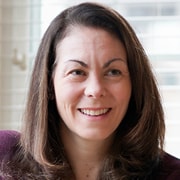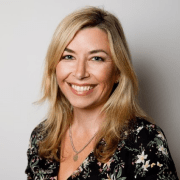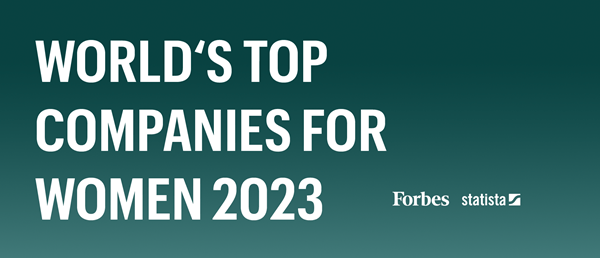Women make up nearly half the world’s population, yet represent just 42% of the professional services industry’s workforce, with this figure further falling to 32% when looking at leadership positions1. And research suggests that companies with higher female representation in top management positions achieve significantly higher returns on equity than peer companies with lower representation2. What steps can be taken to invest in women, strengthening around half of the world’s population? In the workplace, consistently implementing long-term strategies that embody diversity, inclusivity and gender equity are key.
Drawing inspiration from this year’s International Women’s Day theme, ‘Inspire Inclusion,’ we are focusing on how investing in women can create effective change and long-term growth opportunities. Mentorship and sponsorship programs set the scene for an unspoken pay-it-forward principle, in that all takeaways can have a lasting positive effect not only on the individuals, but the entire organization. The empowerment of one is the empowerment of all.
We explore stories of Arcadians who exemplify this, providing inspiration for how we can create opportunities for women and more broadly, organizations, to realize growth, representation and mutual value through mentorship.
A story of growth: building bridges from boundaries
Mentee: Pradnya Sawant, Associate Principal Engineer, Geotechnics
Mentor: Ashish Prakash, Country Director India
The Harvard Business Review found that women are more likely to experience burnout at work than men, given their inability to say ‘no’. Pradnya faced the same challenge, and was looking to make a change, establishing healthier work boundaries aligned with her leadership goals. She shares how enrolling in the company’s mentorship platform, which connected her with Ashish, a leader seasoned in time management strategies helped her get there, and the value this created.
Realizing mutual growth
Being a senior leader, Ashish had much experience to draw from and share with younger mentees. In addition to learning how to prioritize tasks and fine tune her organizational practices, Pradnya was also keen on gaining Ashish’s insights on making quick decisions and handling difficult conversations.
Ashish recommended a book ‘Eat that Frog’ by Brian Tracy…It provides ways to avoid procrastination and getting to the most difficult task first, referring to it as ‘the ugliest frog’. I’ve always followed an organized schedule for my daily tasks but would do the easier tasks first and keep the harder tasks for later. This changed my outlook...and has been a game-changer for me.
Although Pradnya initially sought advice, Ashish gained as much, discovering new insights about his current leadership.
Talking with Pradnya has helped me with my blind spots …these discussions helped me to reflect on my relationships with my direct reports and relate to situations on ground.
While the collaboration set the ground for mutual development, Pradnya was able to hone her management strategies and learn how to streamline her workload and navigate tricky interactions by redefining priorities and boundaries.
Building future leadership
In a mentor-mentee relationship, everyone is both the teacher and learner. Ashish already walked the path that Pradnya needed help with. At the same time, Pradnya’s experiences opened opportunities for rediscovery and reflection on Ashish’s part.
Pradnya's boldness and fresh insights steer her confidently as she explores new leadership opportunities and emerges as a formidable mentor.
I am proud of the consistent effort from both of us during our monthly sessions...I believe our mentoring journey has evolved with every session as we continue exploring my leadership style, polishing my management skills and readying up for the next stage in my career.
A story of allyship: Equalizing gender dynamics
Sponsee: Jennifer Bennett, Senior Environmental Engineer
Sponsor: Eric Putnam, Operations Director, Environment, Resilience
Having experienced the lack of representation both as a First Nations person and a woman, Jennifer sheds light on the challenges she faced while building her career. Coming from a culture where gender division poses no threat to power dynamics, Jennifer has established her strengths as a leader, which her sponsor Eric quickly recognized. Listen to how their exchange illustrates how privilege can be transformed into allyship in support of representation for underrepresented groups.
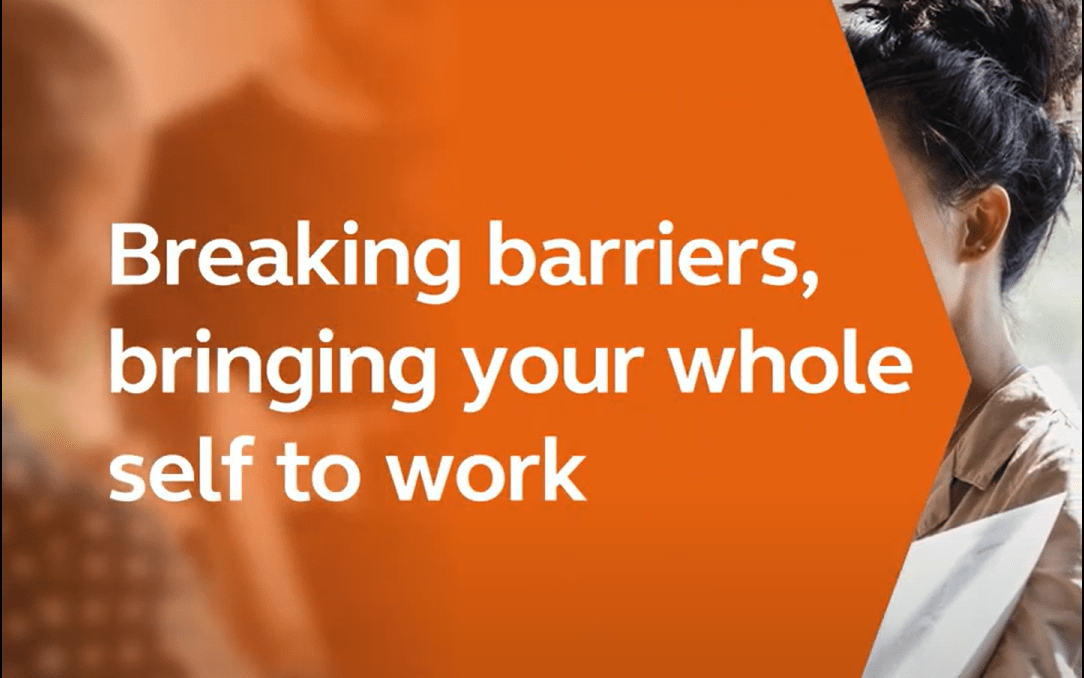
MINUTES
You have not accepted cookies yet
A story of transformation: The right fit
Mentee: Melissa Rottenberg, Project Manager, Senior Ecologist
Mentor: Rebecca Andresen, Director, Resilience Field and Portfolio Solutions
When a bid for an internal job opportunity didn’t go as planned, Melissa knew exactly where to turn to for guidance – Rebecca. While her interview to work in Rebecca’s business unit wasn’t the right fit at the time, Melissa used the opportunity to spark several discussions regarding career development.
Connecting beyond mentorship
Melissa’s several key qualities, including her proactive attitude toward expanding her network, spurred Rebecca to request a call to personally discuss the positive impression left during the interview.
Several follow-up discussions ensued on Melissa’s career expansion, as well as network growth for both women. What began as professional mentorship developed into exchanges of their personal lives and experiences, with Rebecca gained more insight into Melissa’s soft skills.
In a short time, I’ve learned a lot about Melissa and her career, and we’ve talked about potential opportunities where she can use her unique skillsets to bring value to Arcadis. I have been so impressed with her initiative and ability to engage with others on a national and global level – the mentoring definitely goes both ways.
Through the conversations, Melissa was able to realize her potential, and also discover opportunities to shine.
Having someone in a leadership position to bounce around ideas (and laugh with) has been great. I feel like our mentorship goes both ways where I am helping Rebecca in ways as she is helping me.
Transforming assistance into an alliance
What began as a professional mentorship evolved into a genuine friendship. For Rebecca, it was a chance to grow outside of her usual circle at work.
I am certain that this relationship will develop into an opportunity for us to work together, but also, I feel like I have a new friend in Atlanta.
For Melissa, this was a reminder that despite the titles we hold in the organization, we are all human and can thrive better by reaching out to others.
We’ve lost some of the human connection points since many of us are working remotely and rarely or never come into the office. However, forming connections is still very important. Take a leap and ask for 1:1 with folks who make an impression on you. It doesn’t have to lead to a formal or even ongoing mentorship, even one meeting can bring light into your day and help you build your network.
Ultimately for both, this experience was about connecting, sharing and evolving together, especially as women in a male-oriented industry. Although they are only three months into their mentorship, they look forward to continuing their pursuit of professional and personal development, as allies and friends beyond the one-year program.
A story of leadership: Pioneering beyond gender roles
Mentee: Vanessa Navas, Financial Coordinator, Accounts Payable
Mentor: Karin Formigoni, Brazil Country Manager and Resilience Business Area Director
Vanessa initially sought out Karin’s mentorship to help boost her career growth. However, their partnership quickly became a platform for demonstrating how women pioneering progress in leadership roles, especially in male-dominated industries can serve as key role models to create inspiration and an environment conducive to growth. Listen in to Vanessa and Karin weigh in on what it takes to rise as leaders, despite the odds, and embody inclusivity at work.
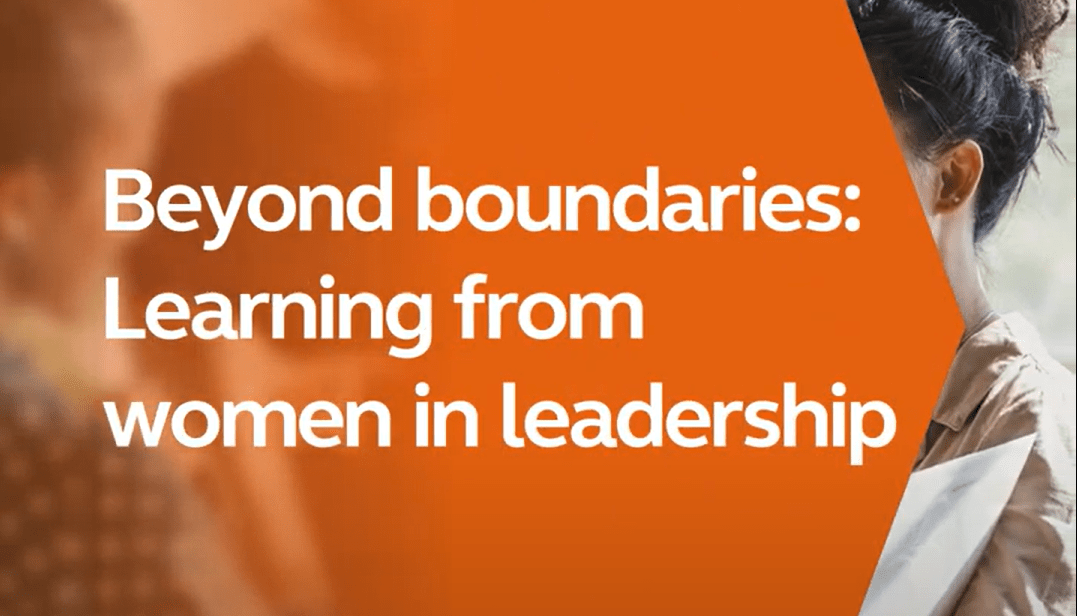
MINUTES
You have not accepted cookies yet
Investment done right
These stories demonstrate that the right level of engagement combined with inclusive leadership are key to driving meaningful change in progressing representation and growth of women in the workplace, ultimately supporting organizational success. By recognizing women’s experiences and those of underrepresented groups, and the value they bring, and investing in support through programs such as mentorship and sponsorship, we can effectively reduce the gender gap and begin addressing systemic inequality. As more companies address the need for stronger representation of women and minority groups, and actively promote solutions focused on their progress, we can continue opening more doors to an inclusive and prosperous future.
Sources:
1. LinkedIn Economic Graph
2. Scottsdale National Gender Institute, “The Business Case for Gender Diversity”

